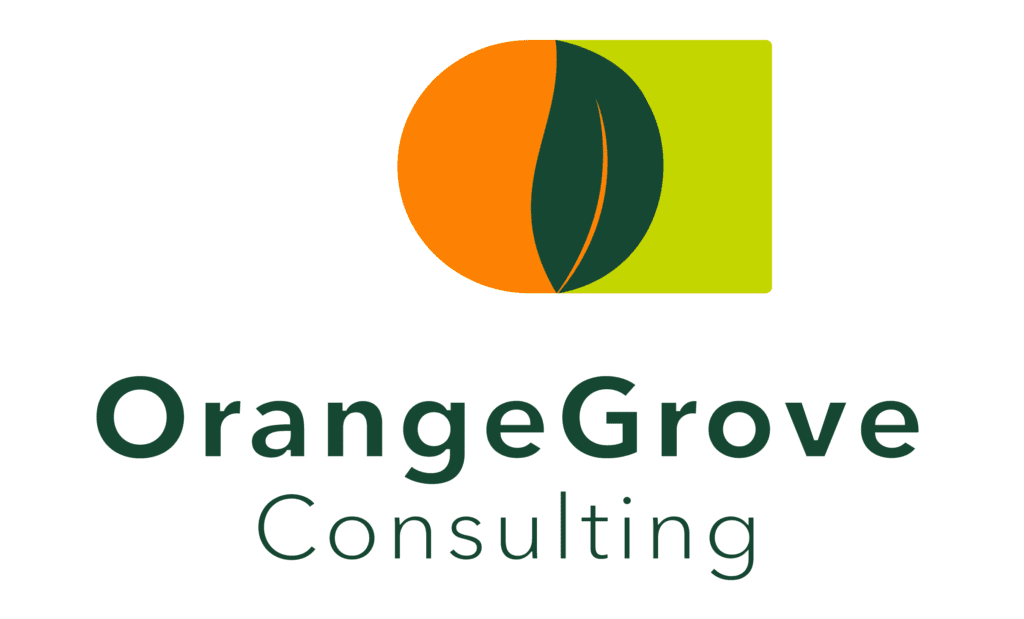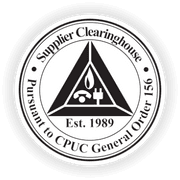Leadership Development
1
1
1
1
1
1
1
Research suggests that leadership skills are not innate – they are developed. Yet, organizations under-equip leaders for these managerial responsibilities. Our leadership training fills this gap and provides experiential, applied training that managers can immediately implement to be the leaders your organization needs.
What We Do
Orange Grove integrates cognitive-behavioral research into skill development to ensure participants practice applying newly learned skills.
- Theory put into practice – we teach skills to build leaders – because lectures alone don’t work.
- Using the latest in adult-learning for both virtual and in-person training, we use highly interactive and engaging approaches to increase learning retention
1
1
1
1
1
1
1
The Value
Managers are struggling – give them the skills they need to manage expectations, develop proactive & constructive habits, and build effective teams.
Our Learning Approach

Action-Oriented
The OGC approach is a two-step process. We first help participants understands themselves and their impact on others, and follow it with teaching how to take action, so that participants leave sessions empowered and be able to immediately implement their new skills.

Learning Together
In our training, our goal is to make people feel safe so they can learn together, make mistakes, and improve. We frame new skill development from a place of “learning together.” We give participants an opportunity to examine their own experience of leadership and empower them with a sense of responsibility to role model 21st Century leadership – and instill the training to do so.

Mindsets + Skillsets + Environment
Research, both our original research as well as other published learning research, suggests that if we train on skills without changing mindsets, change will not be lasting. If we train on skills without addressing the environment, the skills implementation will not make an impact.
Workshop Topics
Based on your individual organizational needs, we create a program for your leaders consisting of 4 to 8 workshops spaced over the course of 2 to 12 months, allowing time for learners to apply their new skills and build on what they have applied.
Creating a Collaborative Environment
Leading with Authenticity
Creating Psychological Safety
Creating Synergy
Cultural Competence
Strategic Shifts Essential for Leadership
Managing the Team
Effective Hybrid Teams
Work-Life Integration
Inclusive Communication
Constructive Feedback for Managers
Leading Effective Organizational Change
Managing the Challenges
Difficult Conversations
Delegation & Support
Moving from Perfection to Action
Executive Presence and Building Confidence
Negotiating for Influence
Workshop Topics
1
1
1
1
1
1
1
Whether offered as stand-alone training or through a multi-session program, our training is designed to teach real-world skills that can be applied for immediate impact.
Managing conflict and having candid conversation is often layered with fear and awkwardness. This training outlines specific communication skills to honor all perspectives in a conflict situation. By anticipating reactions in the moment and preparing for the resistance, leaders are prepared to successfully manage the inevitable conflict that occurs on teams. We train leaders to create a safe environment, manage optimal levels of conflict and resolve it before it becomes personal.
Focuses on the magic that effective leaders create – developing skills in facilitation and inclusive decision making that brings together the team’s various experiences and perspectives to create something larger than the component parts.
A major barrier to leadership development is an inability to recruit sufficient support in the process. Managers can spend too much time “in the weeds” doing everything themselves in all areas of life, which prevents them from making more strategic contributions. They also tend to disable colleagues and the people who work for them by shouldering the responsibility and the experience.
Research shows that some leaders are their worst enemies when it comes to promotions because they feel they “must” be perfect before taking a new role or job. Seeking perfection in everything they do blocks creativity and growth. Too often these leaders hyper- focus on perfecting every tactical move and detail and then lose sight of what is truly important. Although perfection is perceived as a noble goal, it typically does not help in overall strategic leadership.
In this workshop, learners are taught a cross-cultural functional framework that follows a cognitive to action model of application as learners are engaging with unfamiliar cultures. Skillsets taught include listening, perspective-taking, and inquiry.
Organizations are challenged to develop leaders who can think strategically and solve systemic problems. Yet, some leaders are deficient in this area, tending more often to be the “doers” rather than the strategy gurus. How can mid-level managers and leaders develop this capability? This workshop offers a new model that helps to shape strategic leaders using five perspective shifts that move individuals into a more strategic mindset, understand their value, and increase their impact.
Work-life integration remains elusive to many leaders. Employers are often unsure how to support work-life balance for employees, resulting in a loss of talent unwilling to sacrifice their personal lives. Our paradigm-shifting research provides for a third way that integrates work and life, helping leaders remain engaged in their careers while maximizing a robust life.
This session builds on skills taught in Difficult Conversations. It will continue to foster skills through case-studies and role playing focused on inclusive communication that leverage perspective-taking and deep listening.
Hiding big parts of who you are is a common response to external bias and unwanted stereotypes. The problem is, this makes you feel disconnected from the group and constantly on guard. It also impacts your ability to lead with your strengths. This session helps uncover some of the assumptions behind this behavior and provides methods for leading with strengths and expressing more authenticity at work.
In this module, participants think about their leadership vision and how they can develop an authentic presence that supports their career goals. Participants move beyond the superficial “fake it ‘til you make it” advice and dig more deeply into understanding themselves and understanding the building blocks of confidence. Participants develop their communication skills to present and persuade with confidence and learn to align their presence with their style.
Studies show that women are more successful when it comes to negotiating on behalf of someone else. But when it comes to negotiating for themselves, or even drawing simple boundaries, it’s a different story. While that may appear desirable to employers in the short term, it contributes to gender inequity in workload, pay, promotion, and power. It hinders diversity and hampers innovation. Effective negotiation is a skill that helps everyone.
Lack of psychological safety means employees are fearful of judgment & retribution, and wary of admitting mistakes. In psychologically safe environments, teams easily and naturally collaborate and innovate, and employees feel more engaged. This workshop teaches the components necessary for psychological safety and a roadmap for how to create psychological safety, for everyone in the workplace – managers and direct contributors alike.
“I learned a great deal in a very short amount of time, which is a testament to their command of the subject matter and ability to present it in a clear and highly engaging way.”
-enterprise-size Insurance Company
1
1
1
1
1
1
1

